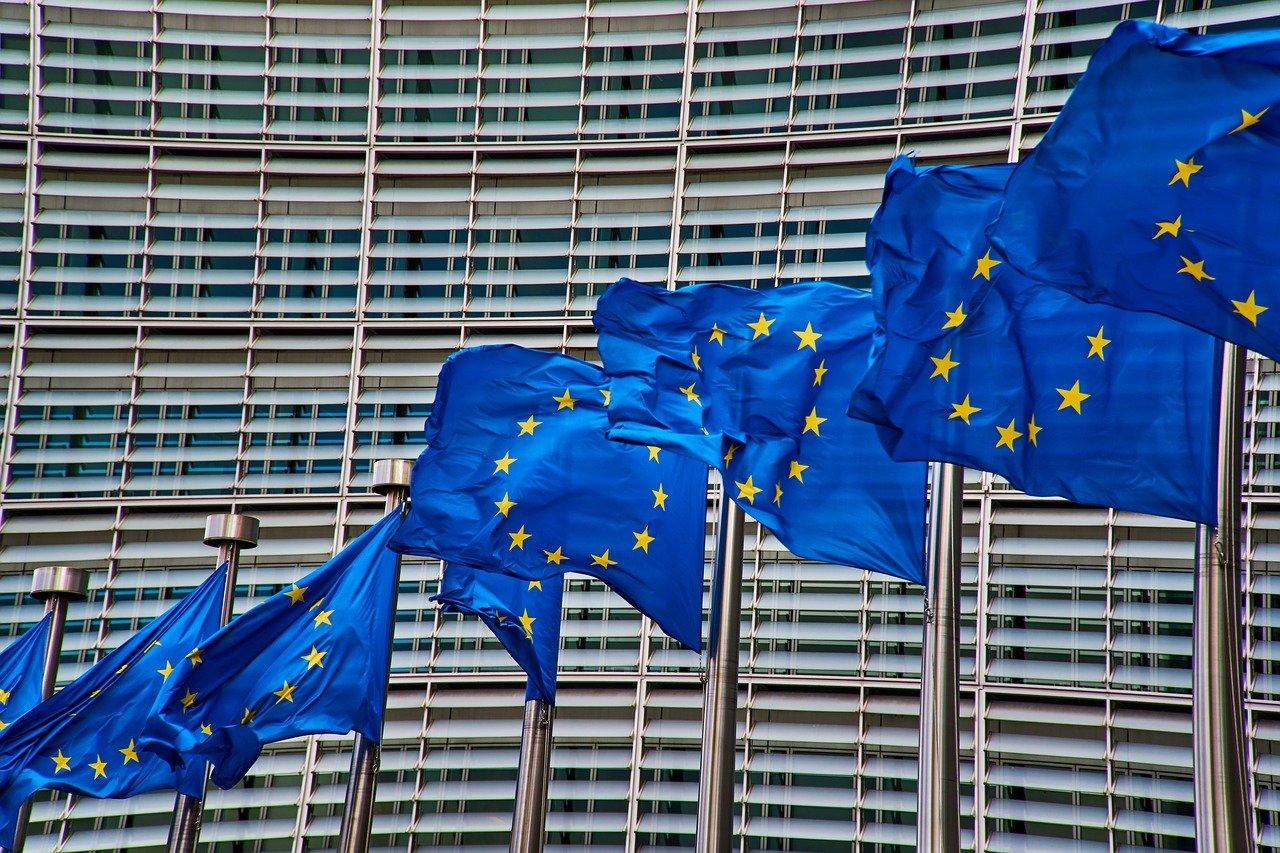blog
worldipreview.com
NPEs: hiding ownership and gaming the system

The lack of transparency around NPEs marks a serious problem for the European patent system, argues Patrick Oliver of IP2Innovate.
Share
Other blogs

IP2Innovate
Prof. Sikorski’s latest paper: IPRED needs targeted reforms to strengthen the principle of proportionality in patent litigation
There is broad agreement on the need for taking proportionality considerations into account in patent litigation cases but it’s not being applied in the courts in Europe. As a result, injunctions are being handed out automatically in almost all cases, even though EU legislation – the IP Rights Enforcement Directive (IPRED) – specifically calls for judges to apply proportionality.
IPRED needs targeted amendments in order to correct this. In his paper titled Permanent Injunctions and the Reception of the Principle of Proportionality in the European Union, Rafal Sikorski, assistant professor, Chair of European Law at the Adam Mickiewicz University of Poznan in Poland, calls for reform of the directive.
“The EU should consider introducing a set of factors to IPRED that the courts should consider when applying proportionality. In fact, this approach has already been taken by the EU legislator in the Trade Secrets Directive,” Professor Sikorski said in an interview.

IP2Innovate
Decades old patent framework harms Europe's competitiveness
Decades old framework harms competitiveness. Modernising EU’s patent system will be key to EU’s ability to innovate, compete and grow.
Two decades is a long time to lag behind. But that’s how long the European Commission’s Competitiveness Compass tells us the EU has been trailing other major economies.
Why? Part of the problem is that the system holding Europe back sits on decades old framework. The application of the IPR Enforcement Directive (IPRED), created before today's tech revolution, results in the heavy-handed enforcement over patents which damages innovation.
The Compass recognises that to compete, Europe must be able to lead in critical technologies like AI, robotics, biotechnology, and clean energy – all sectors characterized by complex products incorporating thousands of patented technologies.
Yet the current application of the IPRED does not cater for complex products.
Currently, European patent courts nearly always grant automatic injunctions in patent infringement cases, even if the manufacturer of a complex product has accidentally infringed a patent reading on a minor component of that product. This means companies have to take entire product ranges off the market or pay excessively high settlements, with costs rising into the hundreds of millions.
This is impacting investment decisions and diverting resources from key technology areas, and what’s more, it’s enriching an ecosystem of investors that buy up trivial patents specifically to benefit from the imbalanced system.
After 20 years, this outdated framework needs updating to ensure remedies for infringement are proportionate, and abusive patent litigation doesn’t hinder innovation and competitiveness.
The United States made this adjustment almost twenty years ago. The 2006 eBay v. MercExchange US Supreme Court decision required courts to evaluate the facts of each case before issuing injunctions. This balanced approach has put a stop to automatic injunctions while protecting legitimate patent rights.
As Europe aims to close its productivity gap and lead in critical technologies, modernising IPRED is key. A more balanced patent system would support Europe's innovative capacity in the exciting and complex technologies that will drive future growth, and help bridge the competitiveness gap.
The Compass states the EU needs to close the innovation gap and simplify rules to leverage the benefits of the Single Market. Otherwise, it will “will lose relevance” in a world characterised by strength of the “big powers”.

IP2Innovate
Professor Ohly’s two passions: patent law and clarinet
Professor Ansgar Ohly is one of Germany’s most respected law professors and an authority on intellectual property law across Europe. He is the Chair for Civil Law, Intellectual Property and Competition Law at the University of Munich. He is also a visiting professor at Oxford University.
